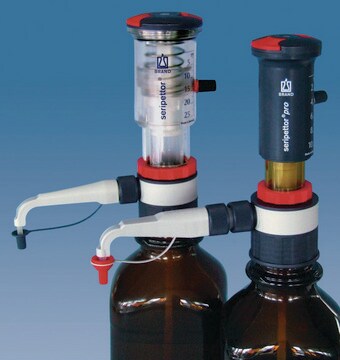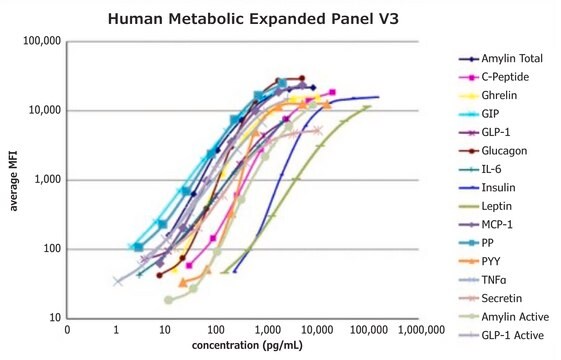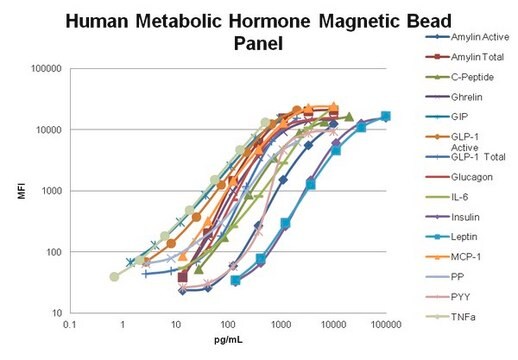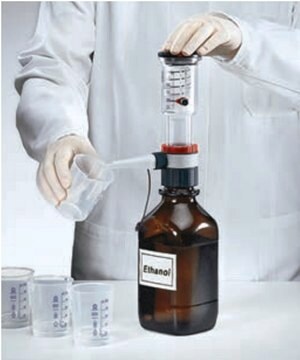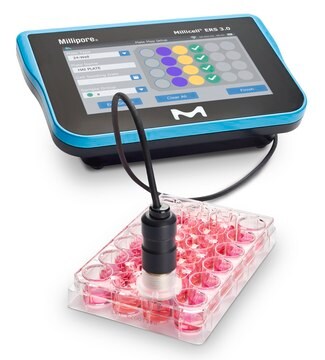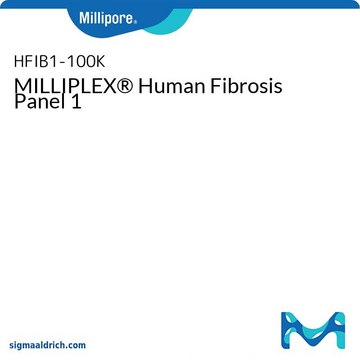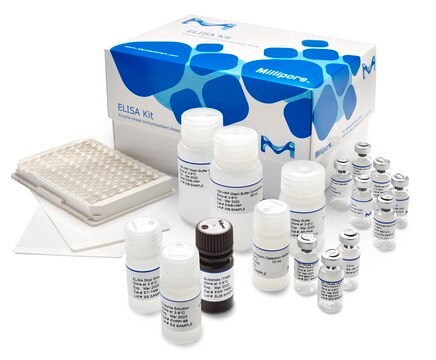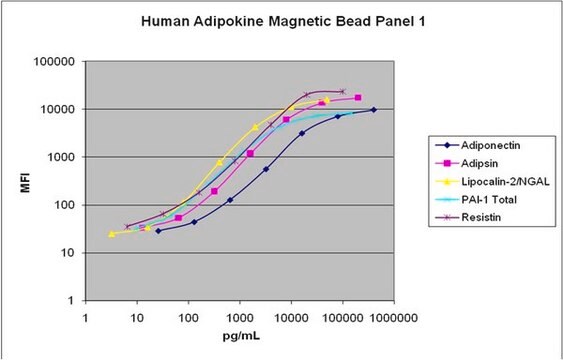GLP1T-36HK
Glucagon Like Peptide-1 (Total) RIA
for protein sequence analysis, for protein analysis
About This Item
Recommended Products
grade
for protein analysis
Quality Level
description
ED<sub>80</sub> = 14 ± 3 pM ED<sub>50</sub> = 53 ± 6 pM ED<sub>20</sub> = 224 ± 20 pM
analytes available: Glucagon Like Peptide-1
10-1000 pg/mL (standard curve range)
feature
accuracy 79–119%
species reactivity
human, mouse, rat
technique(s)
radioimmunoassay: suitable
UniProt accession no.
detection method
radioactive
General description
SIZE: 180 amino acids; 20909 Da
SUBCELLULAR LOCATION: Secreted.
TISSUE SPECIFICITY: Glucagon is secreted in the A cells of the islets of Langerhans. GLP-1, GLP-2, oxyntomodulin and glicentin are secreted from enteroendocrine cells throughout the gastrointestinal tract. GLP1 and GLP2 are also secreted in selected neurons in the brain.
PTM: Proglucagon is post-translationally processed in a tissue- specific manner in pancreatic A cells and intestinal L cells. In pancreatic A cells, the major bioactive hormone is glucagon cleaved by PCSK2/PC2. In the intestinal L cells PCSK1/PC1 liberates GLP-1, GLP-2, glicentin and oxyntomodulin. GLP-1 is further N-terminally truncated by post-translational processing in the intestinal L cells resulting in GLP-1(7-37) GLP-1-(7-36)amide. The C-terminal amidation is neither important for the metabolism of GLP-1 nor for its effects on the endocrine pancreas.
SIMILARITY: SwissProt: P01275 ## Belongs to the glucagon family.
MISCELLANEOUS: In the glucagon antagonist, His-53 and Phe-58 are missing. This antagonist has been successfully utilized to reduce glucose concentration in vivo."
Application
Disclaimer
signalword
Danger
hcodes
Hazard Classifications
Acute Tox. 3 Dermal - Acute Tox. 4 Inhalation - Acute Tox. 4 Oral - Aquatic Chronic 2
Storage Class
6.1C - Combustible acute toxic Cat.3 / toxic compounds or compounds which causing chronic effects
Certificates of Analysis (COA)
Search for Certificates of Analysis (COA) by entering the products Lot/Batch Number. Lot and Batch Numbers can be found on a product’s label following the words ‘Lot’ or ‘Batch’.
Already Own This Product?
Find documentation for the products that you have recently purchased in the Document Library.
Our team of scientists has experience in all areas of research including Life Science, Material Science, Chemical Synthesis, Chromatography, Analytical and many others.
Contact Technical Service
